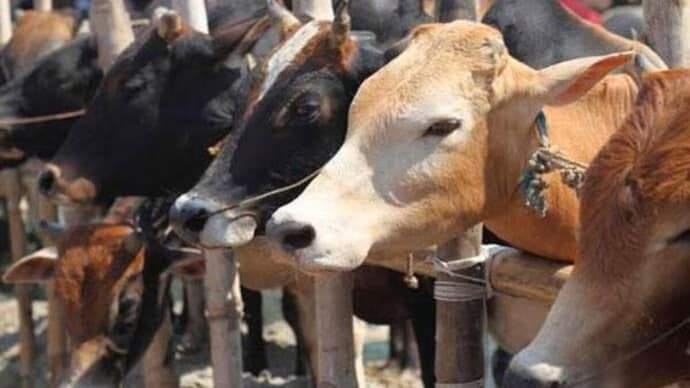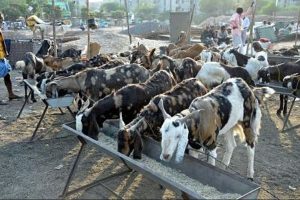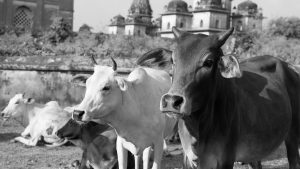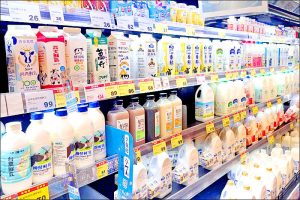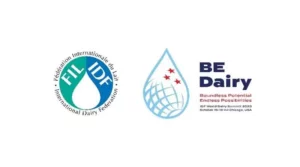
A dairy farmer in Kerala’s Thiruvananthapuram district has been diagnosed with Brucellosis disease. Here’s what you need to know about this bacterial infection.
A dairy farmer in Kerala’s Thiruvananthapuram district has been diagnosed with Brucellosis disease.
State Animal Husbandry and Dairy Development Minister J Chinchu Rani, on October 9, said that if the disease is detected in Vembayam Panchayat, the Animal Husbandry Department will conduct milk testing and raise awareness among farmers, with a specific focus on milk societies.
WHAT IS BRUCELLOSIS?
Brucellosis is an animal-borne bacterial disease caused by various Brucella species, primarily infecting cattle, swine, goats, sheep and dogs.
Humans can contract the disease through direct contact with infected animals, consumption of contaminated animal products, or inhalation of airborne agents. Transmission to humans occurs through contact with placental tissue and other secretions from aborted animals. Brucella bacteria can also be transmitted to humans through milk and dairy products.
Human-to-human transmission, however, is very rare, according to the World Health Organisation (WHO).
WHAT ARE THE SYMPTOMS OF BRUCELLOSIS?
This disease lacks specific symptoms in animals, with the main indicator being abortion in cattle. In humans, it causes flu-like symptoms, including fever, weakness, malaise (fainting) and weight loss.
PREVENTIVE MEASURES
Proper personal hygiene, like the use of gloves, can help prevent disease transmission. It is essential to avoid consuming raw and unpasteurised milk.
TREATMENT
As per the WHO, the treatment options for Brucellosis include 100 mg of doxycycline twice a day for 45 days, plus 1 g of streptomycin daily for 15 days. The main alternative therapy is doxycycline at 100 mg, twice a day for 45 days, plus rifampicin at 15mg/kg/day (600-900mg) for 45 days.
